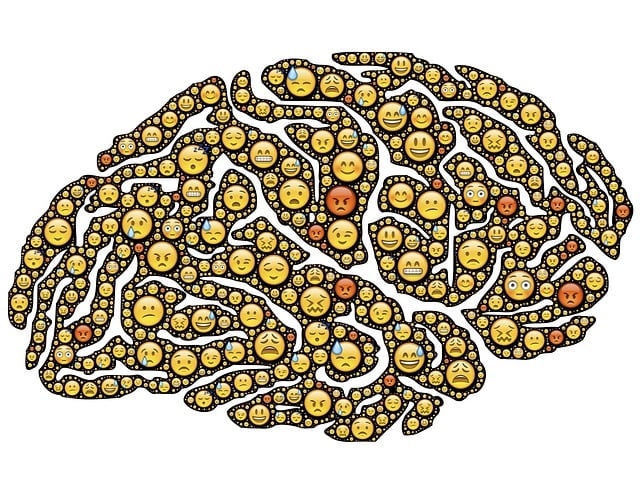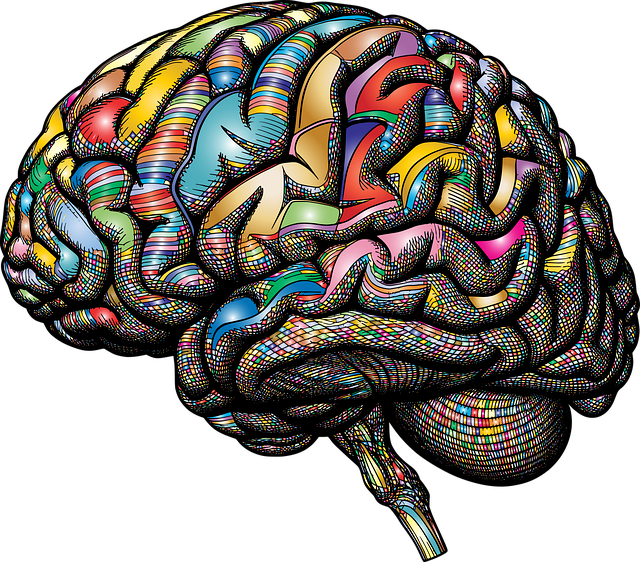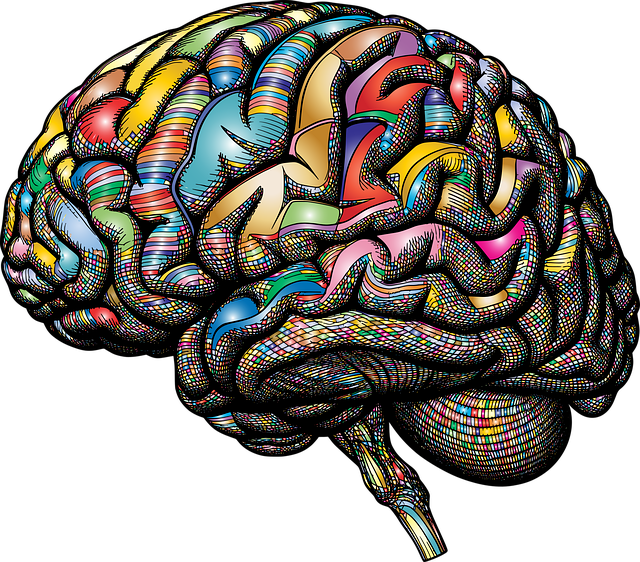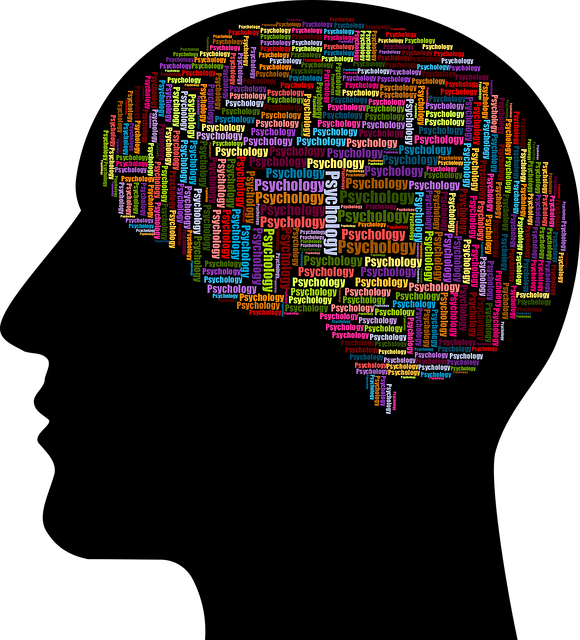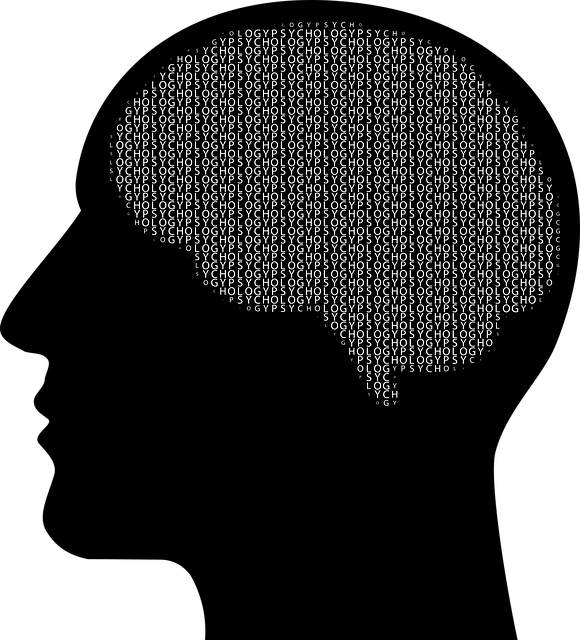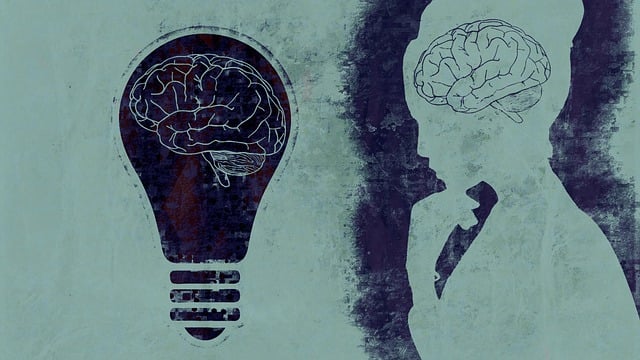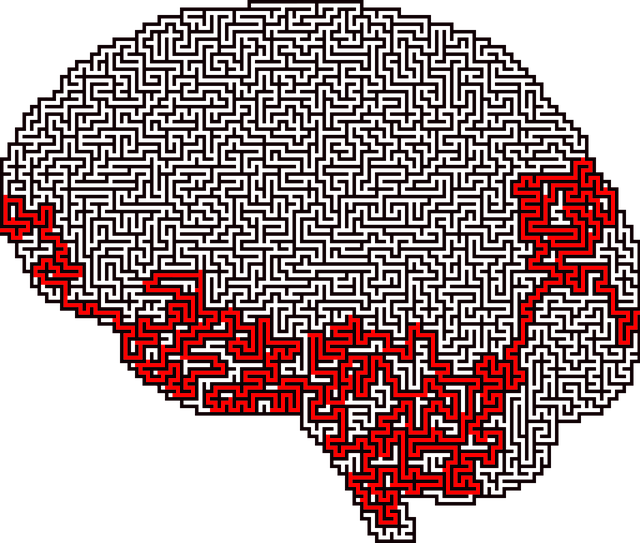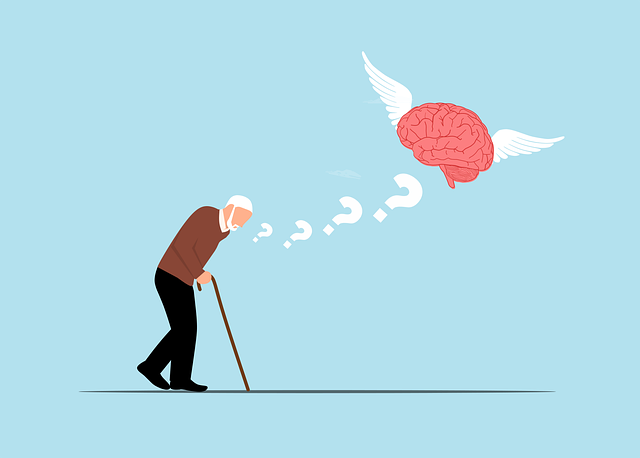Early adulthood presents significant emotional challenges due to academic demands, social dynamics, and identity formation. Effective mood regulation strategies, including biofeedback, are crucial for navigating these hurdles. Biofeedback therapy, a non-invasive tool, teaches individuals to manage physiological responses linked to stress and emotions, fostering emotional resilience. Combining biofeedback with traditional therapy, self-care routines, mindfulness meditation, and empathy-building equips young adults with the skills to address anxiety, depression, and mood instability, promoting overall well-being.
“In today’s fast-paced world, maintaining emotional balance is a significant challenge for young adults. This article explores various mood regulation strategies, focusing on biofeedback as a powerful therapy for gaining control over one’s emotional state. We delve into ‘Understanding Mood Regulation’ and its impact on young adults, offering practical insights through ‘Practical Strategies’. Additionally, we explore beyond biofeedback, introducing alternative therapeutic approaches to empower this demographic in managing their moods effectively.”
- Understanding Mood Regulation: Unraveling Emotional Balance for Young Adults
- Biofeedback Therapy: A Powerful Tool for Gaining Control
- Practical Strategies: Empowering Young Adults to Manage Their Moods
- Beyond Biofeedback: Exploring Additional Therapeutic Approaches
Understanding Mood Regulation: Unraveling Emotional Balance for Young Adults

Understanding Mood Regulation is a vital aspect of fostering emotional balance in young adults. This phase of life is often marked by intense emotional shifts and can be significantly impacted by stress, academic pressures, and social dynamics. Young adults are navigating their identity, independence, and relationships, which can lead to feelings of anxiety, depression, or even mood instability. Therefore, equipping them with effective mood regulation strategies is essential for their overall well-being.
One powerful tool in a young adult’s emotional arsenal is biofeedback. This therapeutic approach teaches individuals to gain control over certain bodily functions that are often associated with stress and emotions. By learning to manage physiological responses, they can enhance their ability to regulate moods. Combined with traditional therapy and self-care routine development for better mental health, biofeedback empowers young adults to cultivate emotional resilience. Furthermore, empathy-building strategies and applying mind over matter principles can significantly contribute to this process, helping them navigate the complexities of their emotions with greater proficiency.
Biofeedback Therapy: A Powerful Tool for Gaining Control

Biofeedback therapy offers young adults a powerful tool to gain control over their emotional responses and overall mood regulation. This non-invasive technique teaches individuals how to monitor and adjust their physiological reactions, such as heart rate, muscle tension, and skin conductance, which are closely linked to emotional states. By providing real-time feedback, biofeedback allows for a deeper understanding of the mind-body connection, empowering young adults to make conscious choices that influence their mental health.
For those seeking to enhance their emotional intelligence, build resilience, and cultivate positive thinking, biofeedback can be a game-changer. It enables them to identify triggers, learn relaxation techniques, and develop strategies to manage stress and anxiety effectively. Through regular practice, young adults can improve their ability to stay calm under pressure, respond rather than react to challenging situations, and foster a more stable emotional landscape.
Practical Strategies: Empowering Young Adults to Manage Their Moods

Young adults navigating their emotional landscapes can benefit from practical mood regulation strategies that foster self-awareness and emotional well-being. Therapy for young adults plays a pivotal role in empowering them to understand and manage their moods effectively. Techniques such as biofeedback offer valuable insights into physiological responses, enabling individuals to recognize triggers and implement calming techniques on demand.
Integrating self-awareness exercises and emotional well-being promotion techniques can significantly enhance mood regulation skills. Regular practice of mindfulness, meditation, or journaling can help young adults identify patterns in their emotions and behaviors. Additionally, communication strategies that encourage open dialogue with trusted peers, family members, or mental health professionals can provide support networks crucial for managing challenging moods.
Beyond Biofeedback: Exploring Additional Therapeutic Approaches

In addition to biofeedback, various therapeutic approaches have proven effective in helping young adults regulate their moods. One powerful tool is mindfulness meditation, which teaches individuals to focus on the present moment and non-judgmentally observe their thoughts and emotions. This practice enhances emotional regulation by fostering a greater awareness of internal experiences, enabling young adults to respond rather than react impulsively to stressful situations.
Empathy building strategies also play a significant role in mood regulation therapy. By cultivating understanding and compassion towards oneself and others, young adults can develop healthier interpersonal dynamics and improve their ability to manage intense emotions. These approaches complement biofeedback by addressing the social and emotional aspects of mental health, providing comprehensive support for overall well-being.
Mood regulation is a vital skill for young adults, and understanding effective strategies can significantly enhance their emotional well-being. This article has explored various techniques, from biofeedback therapy—a powerful tool offering precise control over physiological responses—to practical everyday approaches that empower individuals to manage their moods proactively. By combining these therapeutic methods, especially tailored for the unique needs of young adults, we can foster resilience and promote a healthier emotional landscape. Biofeedback, in particular, stands out as a game-changer in mood regulation, providing accessible and effective support for those seeking to navigate life’s challenges with greater equanimity.

